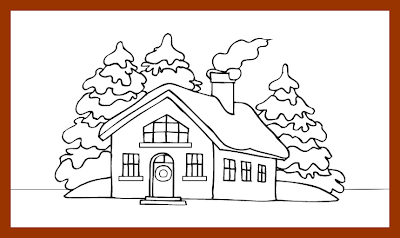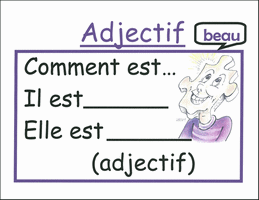45. D'abord (First)
46. Puis (Then)
47. Ensuite (Afterwards)
48. Finalement (Finally)
49. C'est sale (It's dirty)
50. C'est mouillé (It's wet)
51. À partir de maintenant (From now on)
52. propre (clean)
53. rien (nothing)
54. toucher (touch)
55. organisé (organized)










